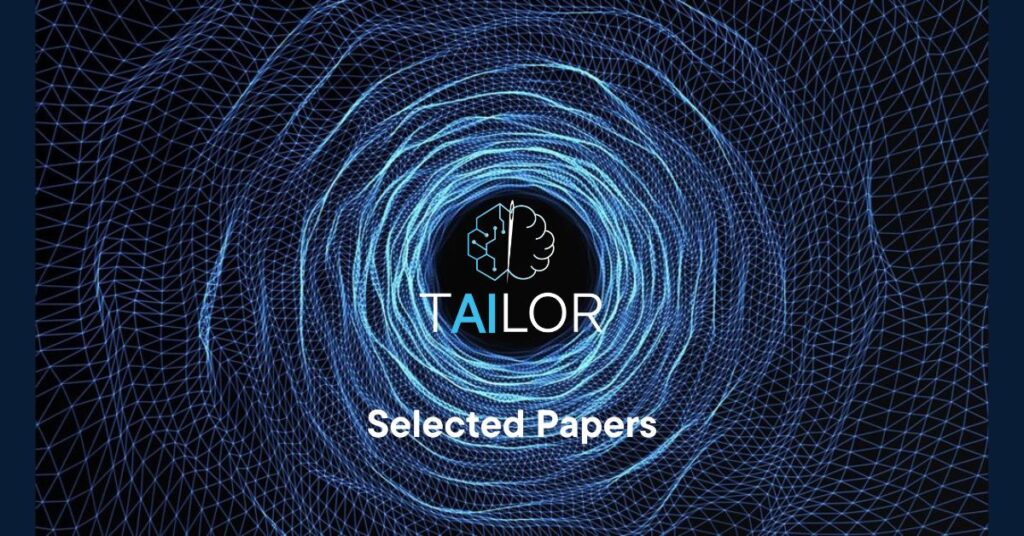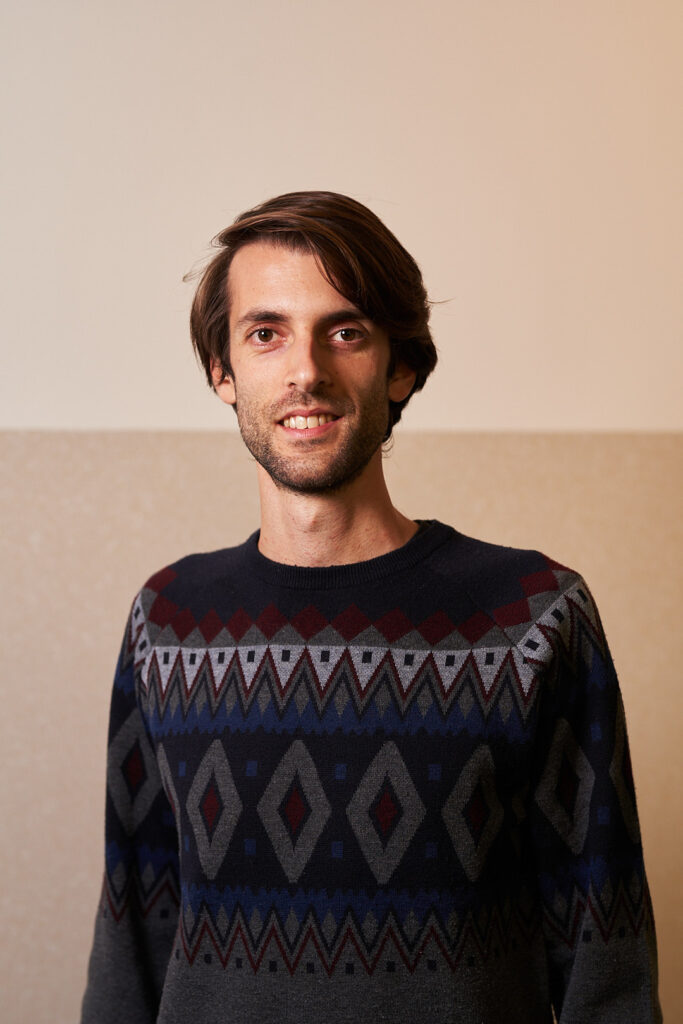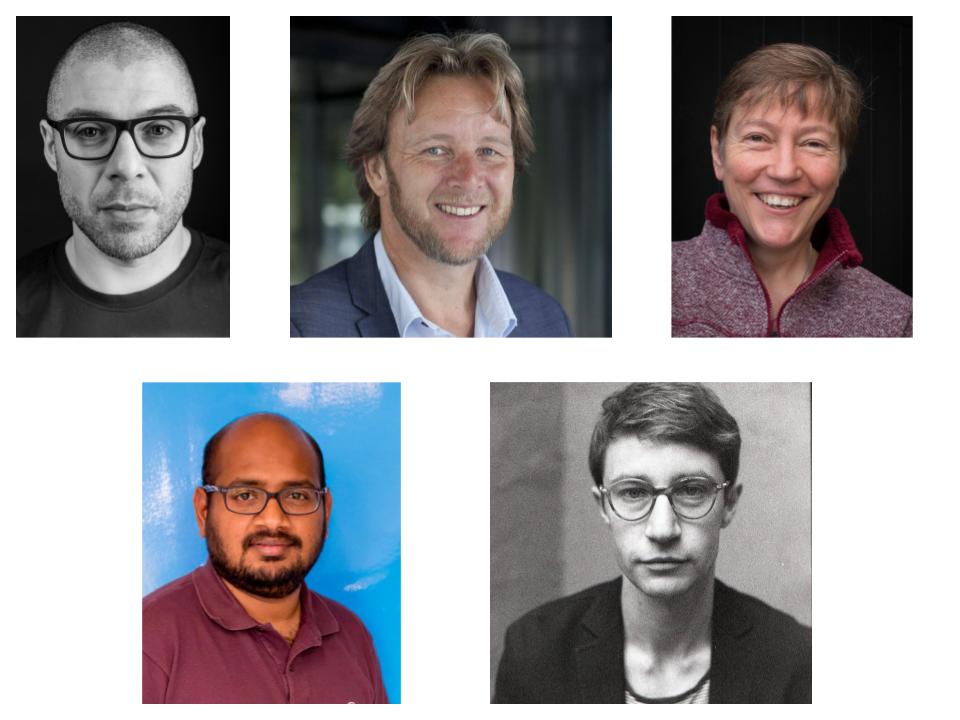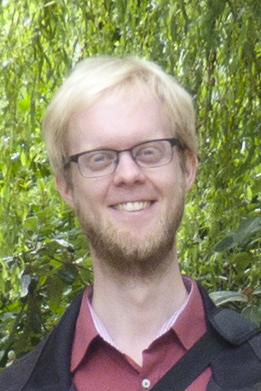Using robustness distributions to better understand fairness in Neural Net-works
Annelot Bosman PhD at Universiteit Leiden This project aims to investigate fairness from a new perspect- ive, namely by using robustness distributions, introduced in previous work. Investig- ating robustness in neural networks is very computationally expensive and as such the community has directed focus on increasing verification speed. Robustness distributions, although expensive to obtain, have […]
Using robustness distributions to better understand fairness in Neural Net-works Read More »









